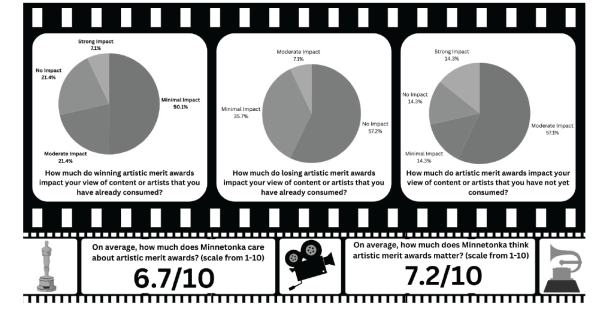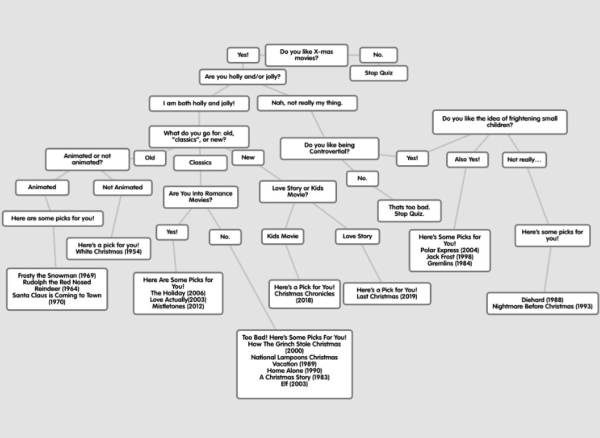Does Listening to Music While Studying Help Decrease Stress Levels?
February 27, 2019
Work time. Should you be so lucky to have this stress relieving gap during your class period, you must take advantage of it. Unfortunately, whether you are at home or at school, distractions are inevitable. So how do you stay focused? Not surprisingly, the most common method used by students is to listen to music.
Lauren Dean (‘19), likes to listen to music while she studies, or does homework. “I like any kind of calm instrumental or classical music because it doesn’t have lyrics. Music without lyrics helps me focus the best because it keeps me from getting distracted by songs I know,” says Lauren Dean (‘19).
But what’s the reason behind this? How does music, or just plain white noise, help people study for that next APUSH exam?
Studies conducted at the Stanford Cognitive and Systems Neuroscience Laboratory found that music engages the areas of the brain involved with paying attention, making predictions and updating the event in memory. It’s best to choose tunes that keep you awake, but, as Dean noted, won’t cause you to start tapping your foot. Of course, this rules out many of our favorite songs: but there’s one genre that excels above all others when it comes to cramming before your test: classical. According to Martha Godkin, a professor in the Department of Marriage and Family Sciences at Northcentral University, it’s good to stick with classical music. There are no lyrics to distract you, but the sound is interesting enough to keep your brain engaged.
“I think classical helps me focus the best,” said Connie Liker, ‘19 “Without music I get distracted a lot more easily, so having the music in the background helps keep me on track.” You may also want to try branching out to meditation music, which is ideal for concentration, as it relieves stress and relaxes your mind. Or, if you’re feeling adventurous, pick your favorite nature sound for some calming background noise.
However, there are studies done on this topic that veer in quite a different direction as to whether or not music enhances our studying experience.
The University of Maryland tested students while they took a variety of math tests under different music conditions. Students were split up to complete this task in silence, with low energy music or high energy music. Students scored best under the silence condition.
Still, similar studies have been done that prove the opposite results. Even though there is no clear answer, the results we have now can help us make a few conclusions, and whether music helps you study or not may just come down to who you are as a person. When completing tasks that involve analysis and comprehension, like reading, it may be best to avoid intense music with lyrics.
On the other hand, people may not be affected by this at all. If you’re not sure where you fall, test it out. Plug in during your next study session, find a classical Spotify playlist, and see where your brain takes you.





























